Maths
What is the Intent of our Maths curriculum?
We believe that all our students deserve a curriculum that enables them to fulfil their potential. We want our students to be successful members of the community and to maximise their life opportunities. It is the intention of the curriculum to enable this.
We aim to develop well rounded, confident, and inquisitive problem solvers, who can apply their skills and knowledge to multi-faceted problems in the real world. Our students will develop a positive attitude towards mathematics and an awareness of its applications and uses, whilst developing an understanding of mathematics through a combination of fluency, reasoning, problem solving and enquiry.
The Aims of our Curriculum are:
-
Develop learners who have strong mathematical reasoning skills.
-
Develop learners who understand and appreciate the importance of mathematics.
-
Plan, sequence and adapt our curriculum to meet the needs of all of our learners.
-
Offer breadth of study at KS3 that is sequential in leading to study at GCSE level; all students will be stretched and challenged over 5 years, considering different starting points.
-
To encompass the whole school core values through the Maths curriculum.
-
To develop learners who have confidence in their numeracy and analytical skills needed for life, contribute to their well-being through being good at maths.
As a result, the Maths curriculum will:
-
Develop independent learners who can produce high standards of written work, through promoting deliberate retrieval of key facts and procedures through memory recall and RAMP tasks.
-
Ensure students are challenged and stretched, which will provide them with key skills needed for every aspect of school life and beyond, such as resilience, organisation, independence and communication.
-
Use schemes of learning that allow all students to become fluent with their maths skills and to develop their abilities to show reasoning and use problem solving strategies. In Years 7, 8 and 9, all students follow a cyclical curriculum which builds upon learning in Primary school and in previous years.
-
Recall prior learning in all year groups as students sit RAMP Tasks throughout the course to consolidate their learning of current topics and take longer holistic examinations to test understanding.
How do we deliver our curriculum?
-
Our curriculum builds on prior learning. This makes up the foundations of the maths curriculum. Prior learning is always checked, and we ensure that these foundations are fully in place.
-
At KS3 we offer a three-year maths course focusing on key concepts in a broad and varied curriculum covering shape and space, algebra, number, handling data and ratio and proportion. At KS4, we offer a 2-tiered GCSE, Foundation and Higher, each focussing on the 5 key areas of mathematics.
-
Well-constructed schemes of work provide a framework for planned progression and increasing levels of challenge. A Mastery curriculum is followed so our learners get the necessary levels of challenge.
-
Regular formative and summative assessment provide key opportunities for feedback to inform students of their next steps in learning as well as students reflecting regularly on their own learning through use of RAMP feedback lessons. Students regularly reflect on their own and each other's practice.
-
Daily opportunities are built into the curriculum for students to develop independence, resilience and perseverance through a high level of challenge at all levels of ability.
-
We place emphasis on the literacy aspect of the mathematics curriculum. We focus on keywords and techniques to extract the information needed in order to apply the mathematics to worded problems. We also focus on the journey taken to get to an answer and the explanations behind how we achieved our answers.
-
The curriculum is delivered using the 21st Century Trivium model (grammar, dialectic, rhetoric) so that students can think about and apply their learning in a range of new and challenging contexts. In areas of mathematics, such as handling data, we ask the pupils to carry out investigations so that they can apply the skill set learnt to a real-life statistical investigation.
-
We aim to extend our more able learners through the Maths Challenge and other extra-curricular activities and trips.
What is the impact of our curriculum?
-
Students will have acquired the knowledge, skills and understanding in Mathematics to ensure that they enjoy and make good progress in their learning.
-
Data tracking and moderation in each academic year will identify progress of individual learners and key groups and will trigger appropriate interventions if required.
-
Detailed analysis of GCSE courses will inform future planning, teaching and learning.
-
Good practice will be shared and supported through the department to ensure high standards.
-
Annual departmental reviews, including work scrutiny, will establish strengths and weaknesses leading to RAG-rated departmental development plans.
-
Regular reflection on the appropriateness of the curriculum will ensure teaching, learning and assessment is appropriate and challenging.
-
Monitoring ‘engagement in learning’ outcomes will reveal students’ attitude and motivation towards their learning as being good or better.
What will students learn in Year 7?
Early in Year 7, we check that the foundations of algebra and numeracy are in place as they make the transition to secondary school. This helps to bridge the gap between primary and secondary, whilst introducing consistency and developing confidence. The intent is to embed and progress their place value and ensure numerical techniques are fluid.
Skills that learners will develop:
-
Analysing and displaying data
-
Number skills
-
Expressions, functions and formulae
-
Decimals and measures
-
Fractions
-
Probability
-
Ratio and proportion
-
Lines and angles
-
Sequences and graphs
-
Transformations
Our curriculum has been adapted to suit the specific needs of the students and there will be additional skills that are taught to stretch our most able and support those for whom foundational skills need to be further developed.
What will students learn in Year 8?
Building on the foundations secured in Year 7, we aim to develop students’ confidence and start introducing more challenging algebraic thinking and problem solving. Students will be taught how to effectively use the scientific calculator and will also be introduced to Pythagoras’ Theorem and its applications. There is a focus on real-life applications of mathematics as we delve deeper into topics such as statistics, graphs, probability, decimals and ratio.
Skills that learners will develop:
-
Number
-
Area and Volume
-
Statistics, graphs and charts
-
Expressions and equations
-
Real-life graphs and straight-line graphs
-
Decimals, percentages and ratio
-
Lines and angles
-
Calculating with fractions
-
Ratio and proportion
-
Lines and angles
-
Sequences and graphs
-
Transformations
As with Year 7, our curriculum has been adapted to suit the specific needs of the students and there will be additional skills that are taught to stretch our most able and support those for whom foundational skills need to be further developed.
What will students learn in Year 9?
We revisit, consolidate and extend all the KS3 skills to ensure there are solid foundations and readiness for KS4. These skills are incrementally developed as we push for greater depth of mathematical skills, knowledge and application. Students are also introduced to some new topic areas such as indices, standard form, comparing shapes, sequences and graphs.
Skills that learners will develop:
-
Indices and standard form
-
Expressions and formulae
-
Dealing with data
-
Multiplicative reasoning
-
Constructions
-
Equations, inequalities and proportionality
-
Circles, Pythagoras and prisms
-
Sequences and graphs
-
Probability
-
Comparing shapes
As with Year 7 and Year 8, our curriculum has been adapted to suit the specific needs of the students and there will be additional skills that are taught to stretch our most able and support those for whom foundational skills need to be further developed.
GCSE Course
Key Stage 4
In KS4, students will study for the Edexcel Maths (9-1) GCSE. There are two tiers of entry:
-
Foundation (grades 1-5)
-
Higher (grades 4-9)
To view the course specification please click here
Homework and Independent Learning:
Homework is set using SPARX Maths - What is Sparx Maths? (youtube.com)
Useful links
Maths Genie - Free Online GCSE and A Level Maths Revision


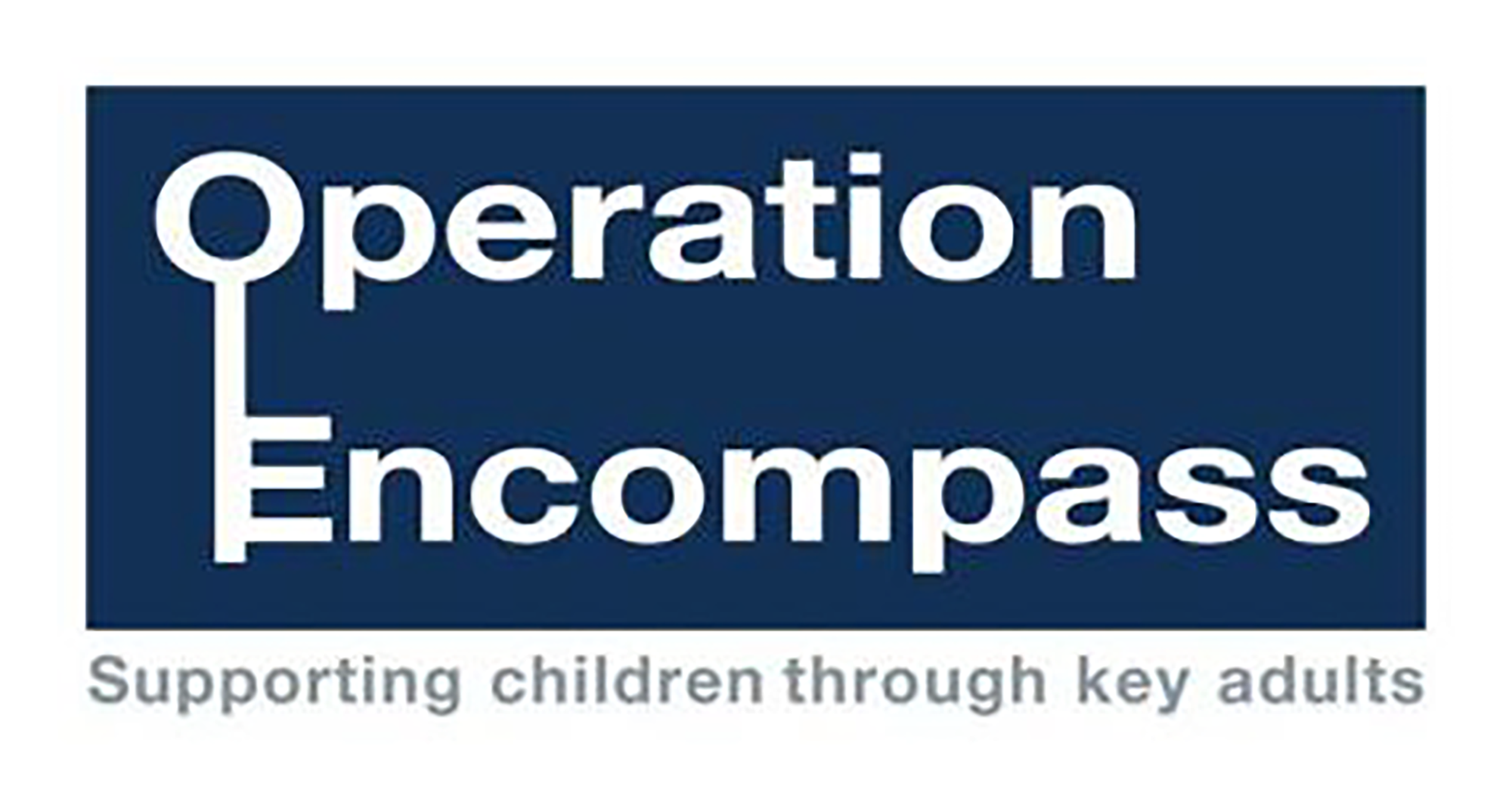 encompass
encompass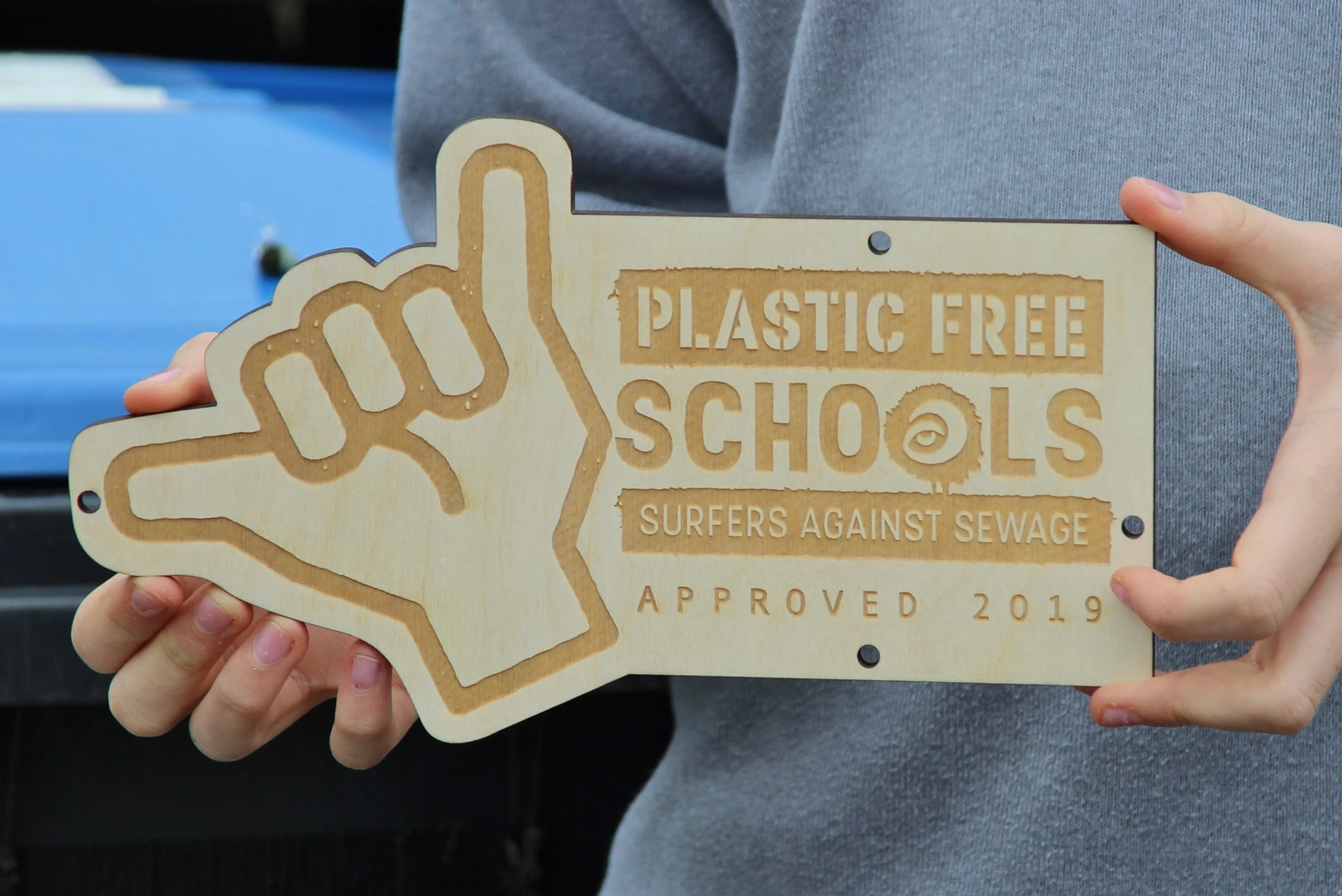 plastic free schools
plastic free schools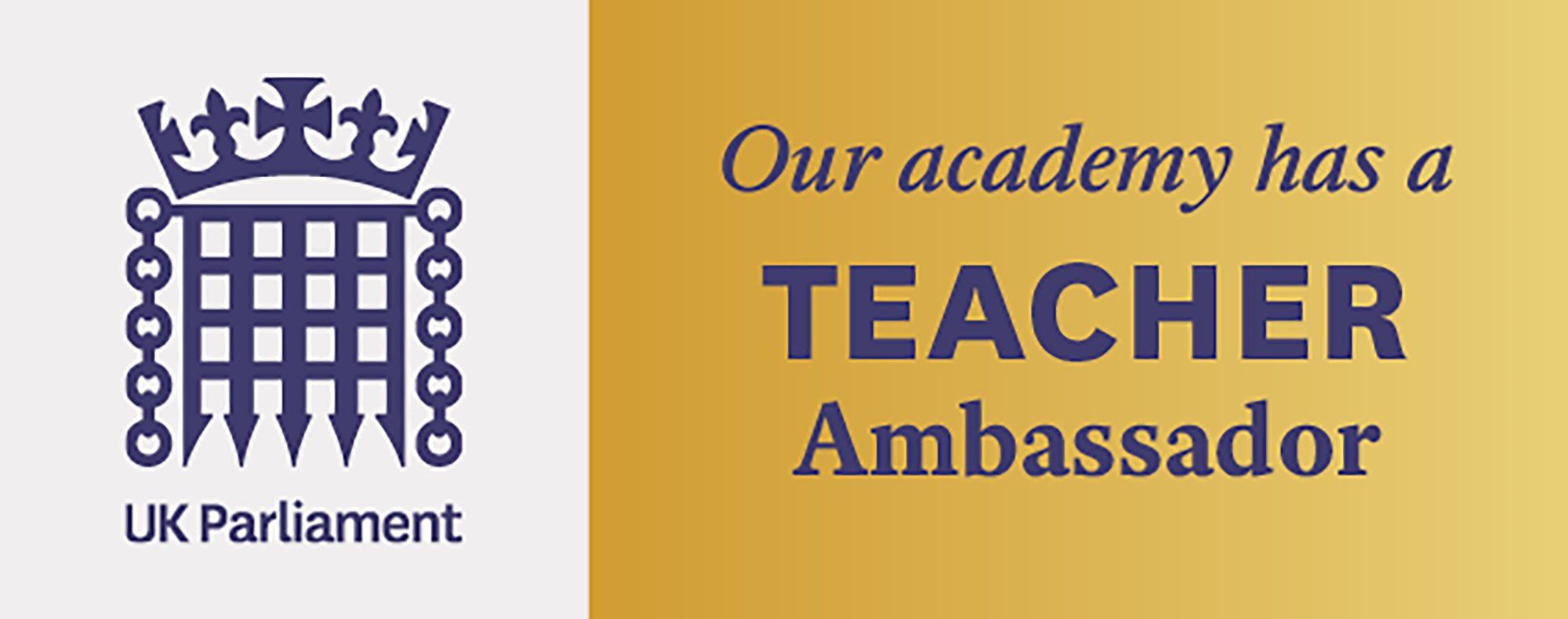 Teacher ambassador
Teacher ambassador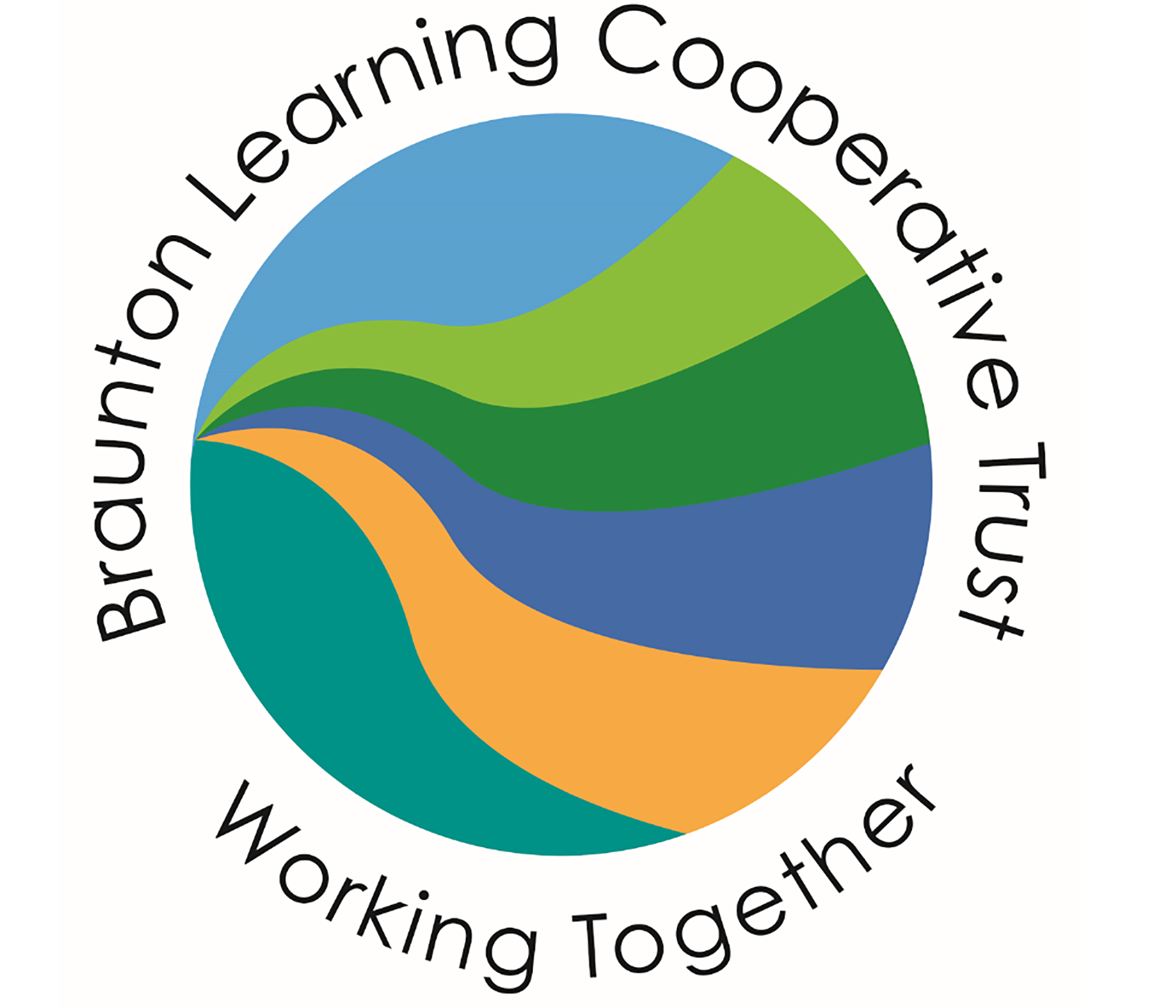 Learning cooperative trust
Learning cooperative trust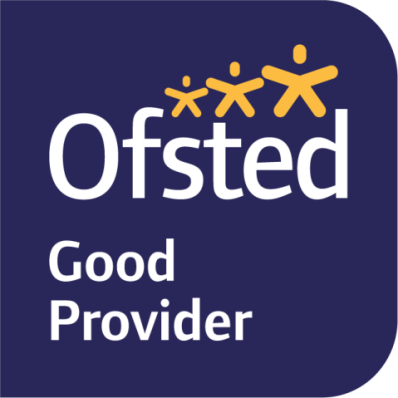 Ofsted logo
Ofsted logo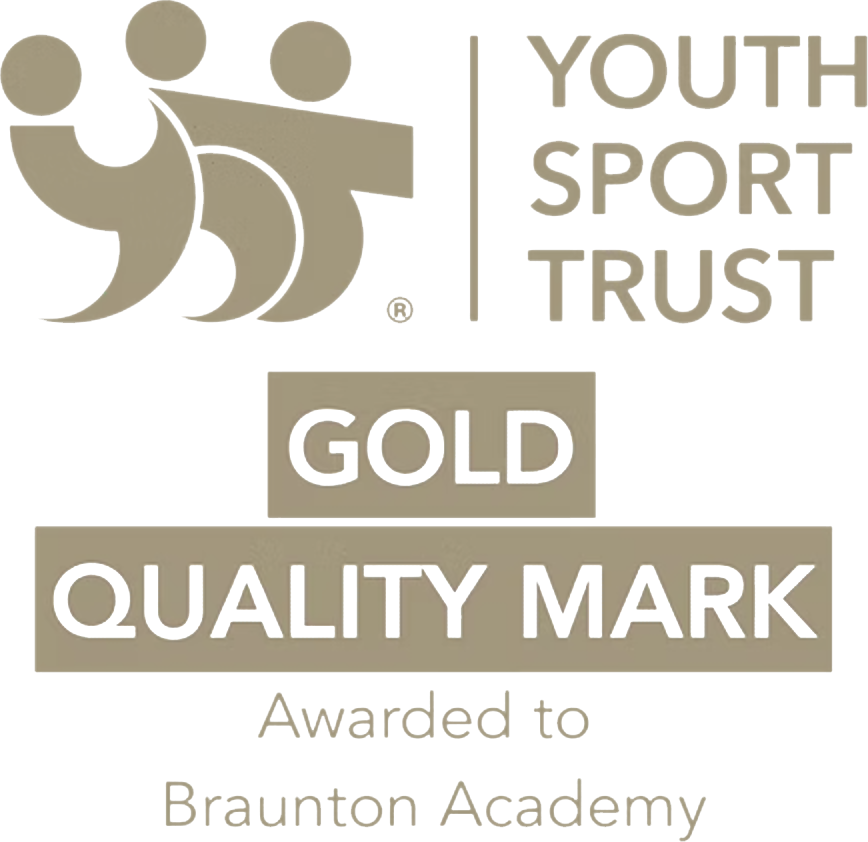 Youth Sport
Youth Sport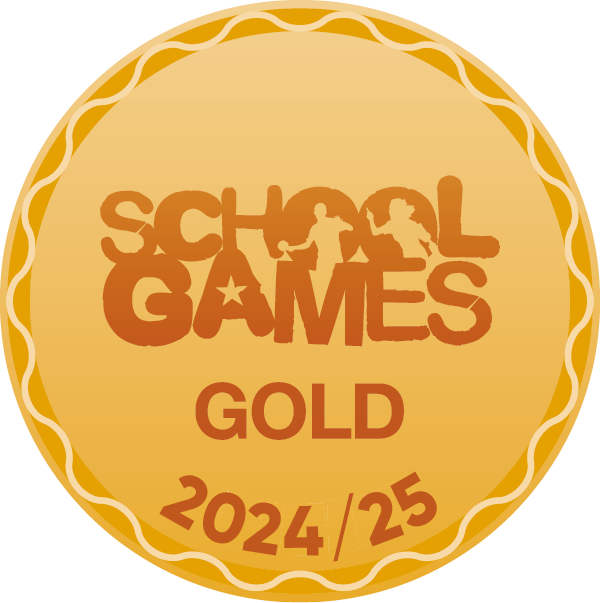 School Games Gold Award
School Games Gold Award